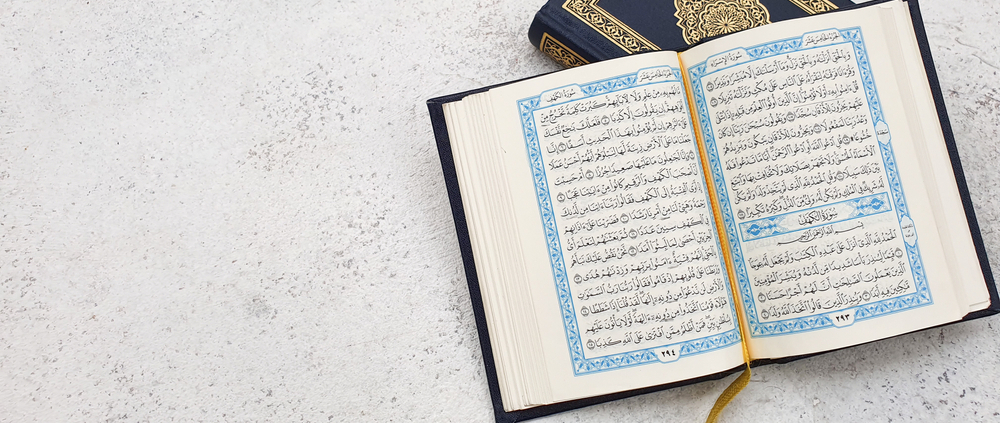Can You Throw Some Light on Quranic Sura 65:7?
Answered by Shaykh Yusuf Weltch
Question
Surah talaq verse 65 aya 7 it states that Allah will bring about ease after hardship could you clarify what that means? Does this verse only apply to divorced women and men or does apply to everyone the suffers from hardship?
Answer
In the Name of Allah, the Most Merciful and Compassionate
The verse of Sura al-Talaq mentioned below, applies to the context of the previous verses, however, this does not preclude the application of this verse in a general sense.
Looking at the Context
Allah Most High says, “Provide to them (the divorced women) residence where you reside according to your means, and do not hurt them to straiten (life) for them. And if they are pregnant, spend on them till they give birth to their child. Then if they suckle the child for you, give them their fees, and consult each other (for determining the fee) with fairness, and if you create a deadlock between you, then another woman will suckle him.
Let the man of wealth provide according to his means. As for the one with limited resources, let him provide according to whatever Allah has given him. Allah does not require of any soul beyond what He has given it. After hardship, Allah will bring about ease.” [Quran, 65:6-7]
The context of these verses is the expenditure due from the husband to the divorced wife during the waiting period. Not every man is financially well-off to give vast expenditures to the divorcee; if one was in financial hardship, this may lead to great difficulty in an already difficult situation. [Qurtubi, al-Jam’i li Ahkam al-Quran]
For this reason, Allah promises that ease will come after difficulty. This ease can be financial with regard to the financial difficulty; or otherwise, due to the difficulty revolving around the situation of divorce.
Hope this helps
Allah knows best
[Shaykh] Yusuf Weltch
Checked and Approved by Shaykh Faraz Rabbani
Shaykh Yusuf Weltch is a teacher of Arabic, Islamic law, and spirituality. After accepting Islam in 2008, he then completed four years at the Darul Uloom seminary in New York where he studied Arabic and the traditional sciences. He then traveled to Tarim, Yemen, where he stayed for three years studying in Dar Al-Mustafa under some of the greatest scholars of our time, including Habib Umar Bin Hafiz, Habib Kadhim al-Saqqaf, and Shaykh Umar al-Khatib. In Tarim, Shaykh Yusuf completed the memorization of the Qur’an and studied beliefs, legal methodology, hadith methodology, Qur’anic exegesis, Islamic history, and a number of texts on spirituality. He joined the SeekersGuidance faculty in the summer of 2019.
